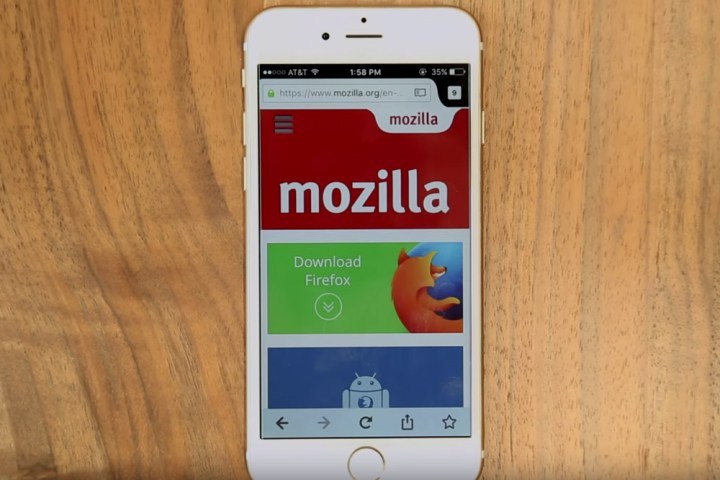
It doesn’t really come as a surprise, considering Mozilla announced back in December at “Mozlando” that it was ending development and would stop selling Firefox OS smartphones. But today’s official announcement comes in the form of an email sent out to developers, in which the corporation said it “will end development on Firefox OS for smartphones after the version 2.6 release.”
“The circumstances of multiple established operating systems and app ecosystems meant that we were playing catch-up, and the conditions were not there for Mozilla to win on commercial smartphones,” the company said in the email. Staff involvement in Firefox OS will also end after May.
In the email, Mozilla says the company is looking to focus on connected devices in the Internet of Things space, rather than a mobile operating system.
Firefox’s Marketplace will not accept submissions for Android, desktop, and tablet apps as of March 29, and the company will remove apps that don’t support Firefox OS. Firefox OS apps will still be “accepted into 2017,” as Mozilla is still finalizing a date.
What’s interesting is that Mozilla’s Connected Devices division has been “testing out a new product innovation process,” with three of the products passing through, and many in the pipeline. One such product is the “SmartTV,” which allows users to enjoy Firefox on a larger screen.
We won’t know what else Mozilla is talking about until the company opens up the non-staff participation process in the “first half of the year.” The foxfooding program, where Firefox enthusiasts help test out latest builds, will stay alive and will continue to work on “these new product innovations.”
Editors' Recommendations
- Mozilla’s Firefox browser for Android and iOS gets a revamped homepage
- iPhone, Apple Watch may function as car keys after iOS 13.4 update

